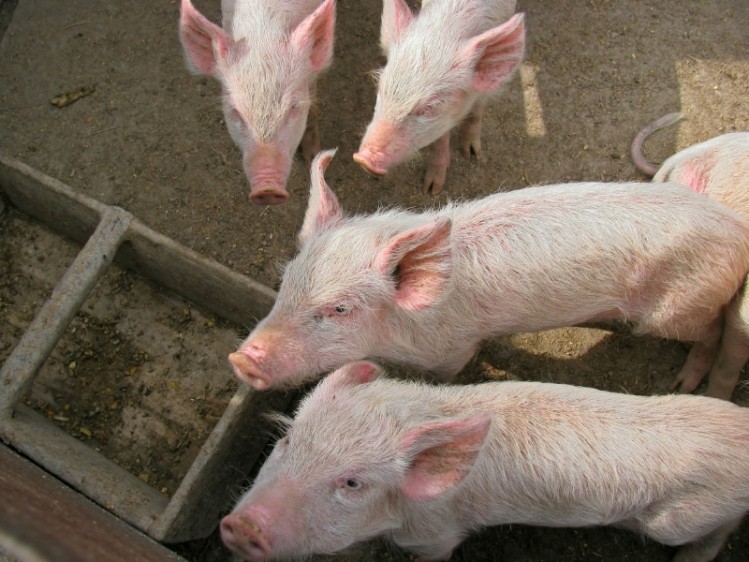Reports from IPPE 2016
‘We are setting a new standard in feed phytase technology,’ says BASF

Nevertheless, the feed phytase was given a global introduction at the feed, meat and technology show, IPPE, in Atlanta last week, said the chemical company.
Dr Chris Rieker, vice president, BASF animal nutrition, told FeedNavigator its Natuphos E was registered in the US in November 2015 and that the enzyme is also registered in numerous Latin American countries. “These two target groups are especially well presented at the IPPE. We are launching Natuphos E in the markets according to regulatory approval,” he said.
Why are phytase enzymes needed?
Phosphorus and inositol in phytate form is not bioavailable to monogastric animals like pigs and poultry as the animals lack the digestive phytase enzyme to remove phosphate from the inositol in the phytate molecule.
Pigs and poultry are largely fed a corn and soybean based diet but the phytate from these grains is unavailable for absorption. The unabsorbed phytate passes through the animal’s gastrointestinal tract and is excreted into the soil and eventually into the aquatic environment causing algal growth and eutrophication.
So it is said the bioavailability of phytate phosphorus can be increased through the supplementation of pig and poultry diets with a phytase enzyme.
The newly developed phytase, which was produced to help pigs and poultry better utilize phosphorus, calcium and protein as well as energy, is also registered in numerous countries in the EMEA region and in Asia Pacific, said Dr Peter Ader, senior expert, BASF animal nutrition.
“BASF has applied for the registration of all Natuphos E formulations including granulate, liquid and powder as a feed additive for pigs and poultry [in the EU under] Regulation (EC) No 1831/2003.
The European Food Safety Authority (EFSA) is currently evaluating the dossier. We [will] strive to supply our customers in Europe with Natuphos E as soon as the procedures of the registration process have been finalized,” he added.
Trial work
The product has undergone around 80 feeding trials worldwide, said Ader. “The effect of Natuphos E depends on the specific feed composition of our customers,” he said.
Rieker said the new enzyme results in highly efficient phosphorus release, and proves stable in challenging environments.
“The enzyme can resist pepsin in the animal stomach, adverse pH-conditions in the animal gut, and high temperatures during the pelleting processes,” explained Rieker.
He said there are additional economic and environmental benefits from supplementing with the enzyme from saving on the addition of inorganic phosphorous to feed, maximized digestion of phosphorous and other nutrients in feed with an improvement in animal performance, increased resource efficiency and the reduction of eutrophication through less excretion of phosphorous.
The granulate formulations of Natuphos E are recommended for pelleted feed, up to pelleting temperatures of 95ºC, added Rieker.









